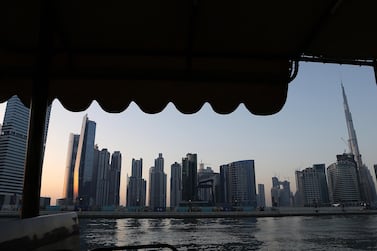The ongoing US-China trade war and Brexit are among the major global obstacles for fixed-income investors who are looking to diversify their portfolios and hedge risks this year, according to a new study.
Fixed-income investors are concerned about an uncertain and divergent global economy with high levels of debt and are actively repositioning portfolios, investment management company Invesco said in its second Global Fixed Income report. Investors are considering a variety of strategies including hunting for yield and investing in floating rate instruments, which are products with variable interest rates.
“Investors are now increasingly uncertain due to the growing list of potential risks, from both a geopolitical and markets perspective,” said Nick Tolchard, head of Europe, Middle East & Africa for Invesco fixed income.
“With there being so many factors to consider, it demonstrates how investors need a variety of solutions to deal with the potential risks.”
The report, which surveyed 145 fixed-income specialists across Europe, Middle East and Africa, North America and Asia-Pacific regions with $14.1 trillion assets under management this year, found that investors are increasingly responding to potential geopolitical issues that disrupt markets.
Almost half (46 per cent) of investors have adjusted portfolio allocations in response to trade wars. Wholesale investors, who are more sophisticated in investment strategies and have deeper pockets than retail investors, are particularly sensitive to such concerns. About two thirds (65 per cent) have been influenced by Brexit uncertainty which has led them to alter their European and UK allocations.
Only a third of institutional investors, however, said they were changing their European and UK allocations.
With current economic expansion running for nearly 10 years – one of the longest on record – some investors are uncertain about its longevity and are alert to triggers which could end it.
Globally, almost all fixed-income investors believe the end of the growth cycle could come in late 2019 through late 2020. However more than a quarter expect it to end sooner, within the next six months to one year.
Regionally, Asia-Pacific investors are most convinced the expansion is on track for the next year or two, while those in Emea are the most optimistic that it could last beyond one to two years.
North American fixed income investors, on the other hand, are less optimistic, with 52 per cent of them saying it will end within a year, according to the report.
When asked about triggers of the next downturn, respondents were predominantly concerned with high levels of indebtedness, in particular government debt, largely on the back of record low interest rates for a prolonged period.








